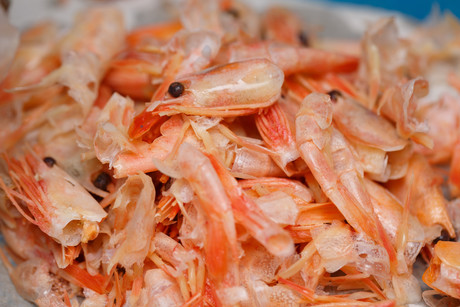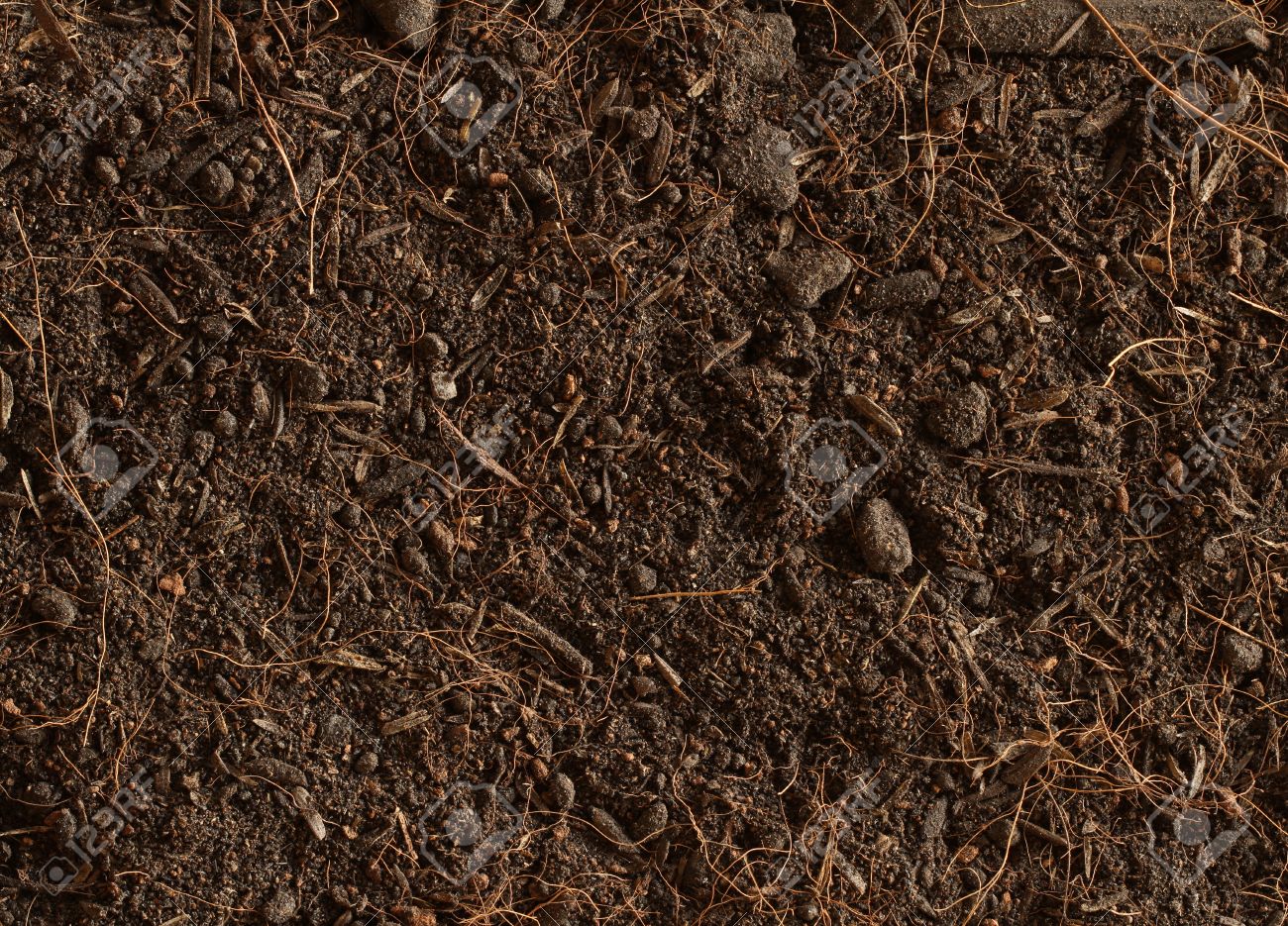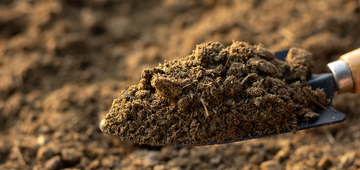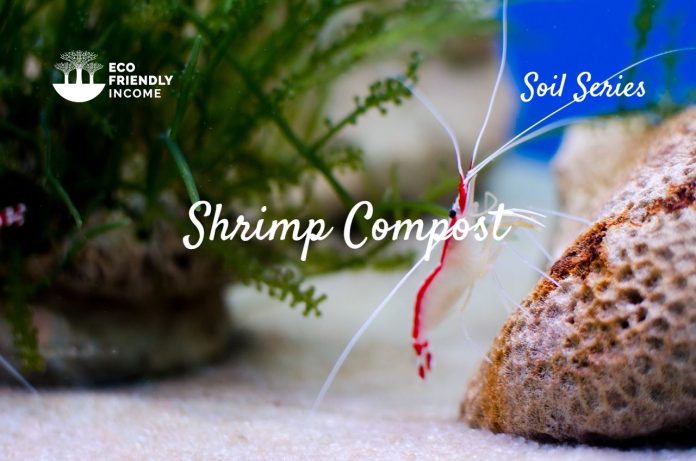“Where’s the shrimp compost?” The famous question!
Every year before the tree planting season starts, I work as a horticulturist in a garden center in Montreal.
At this point of the year (April to May), the plants haven’t really come in yet, but we do sell soil. People are prepping their gardens and planters with topsoil, compost, and manure.
Spending some weeks selling only these has really done wonders for my knowledge on the subject.
I want to share with you what I’ve learned, and make it simpler for you to make your decisions when it’s time to prep your own gardens.
Today we’ll look at one of the best sellers we have here in Eastern Canada: Shrimp Compost.
Let’s get to know what this holy grail of composts is!
What is Shrimp Compost Made Of?
Well, the answer seems quite obvious doesn’t it? It’s made of shrimp! Well, yes it is but it’s not that simple.
Shrimp compost is a mix, the major part of the soil is peat moss, the secondary part is shrimp shells, and the final part is not always there but it’s manure.
These shrimp shells, which are a byproduct of the foods industry are re-used and mixed into peat moss to make an ultra nutrient-rich compost.
The majority of mixes are either shrimp shells with peat moss or triple mix shrimp shells, with peat moss & manure.



Fertilizing Value of Shrimp Compost
Shrimp compost is an amazing option as fertilizer, as it holds great value in essential plant nutrients such as Nitrogen, Phosphorus, and Potassium (N-P-K).
These 3 are the main nutrients you want to look for when you fertilize your plants, as a matter of fact, those 3 numbers you often see on soil, manure, and fertilizer bags are N-P-K values.
Here’s a simple breakdown of what each of those elements does for your plants:
- Nitrogen: Increase plant growth and greenness of vegetation.
- Phosphorus: Helps your plants build strong roots.
- Potassium: Reinforces your plants and strengthens them against diseases.
Additionally, shrimp compost also holds calcium.
Calcium: Helps plants build strong cell walls that keep plants upright and sturdy.
This can vary with brands, but a good example of the N-P-K value of a shrimp compost bag comes from the Isabelle Brand which provides 0.6-1.1-1.1.
What Shrimp Compost is Good For
Given what we learned just above, let’s summarize what shrimp compost is good for.
Shrimp compost is good to add calcium to plants, it’s good to increase water retention in sandy soils, and it’s an ideal soil amendment for a vegetable garden.
You may add shrimp compost into the soil mix of plants you wish to see stronger stem and roots from since the calcium inside will do just that.
Additionally, since the mix contains peat moss, it can be added to soils that dry out too quickly.
From my personal experience, shrimp compost is very good for vegetable gardens. It’ll help your vegetable garden produce real quality results.
Shrimp compost is a really good choice if you wish to boost your garden’s fertility. It’s among the best-selling soil mixes in Quebec and Ontario because it really works!
When Should You Add Shrimp Compost to Your Garden?
The best time to apply shrimp compost to your garden is in the spring. At least 2 weeks to one month before you plant your annuals.
This gives time for the compost to settle in and the nutrients to mix into the soil.
Generally, you should add about 2 to 3 inches of compost over your garden surface.
You should apply compost at least every year. It’s important to give a continuous supply of nutrients to your vegetables and flowers.
The second best time to add compost is in the Fall, to help reduce weeds the next season. It will also give it more time to break down and mix in the soil.
I do this when I have leftover bags I want to use up rather than keep through the winter.
Shrimp Compost FAQ
Q. Can I put shrimp shells in my compost?
A. Yes, you can add raw or cooked shrimp shells to your compost safely. Shrimp shells add calcium to your compost that helps plants grow strong stems.
Q. Can you use shrimp as fertilizer?
A. Yes, it provides a high amount of nutrients, less Nitrogen but a strong amount of Potassium and Phosphorus. The common N-P-K value for shrimp compost is 0.6-1.1-1.1.
Q. Do worms in vermicomposting eat shrimp shells?
A. Yes, worms love shrimp shells, you can definitely add it into your vermicomposting.
Q. Is shrimp compost good for tomatoes?
A. Yes, since shrimp compost doesn’t have an excess of nitrogen, it’s a great choice for tomatoes. While nitrogen is important for tomatoes, too much will cause the plants to grow excessive vines and leaves.
Q. Is shrimp compost good for flowers?
A. Shrimp compost is good for any plant, not just vegetables. It’s a quality dressing for poor soils and will give clayey and sandy soils better structure. Don’t apply just any time though, early spring or fall is the best time.
Q. Is shrimp compost better than cow or sheep manure?
A. Well, it depends on your needs, but shrimp compost is more nutritious than both. It’s a stronger fertilizer! You should use cow manure for plants you want to lightly fertilize, sheep manure in between, and shrimp compost for plants you want to heavily fertilize like vegetables.

